The Wool Wire | March 20, 2024
Farm to fashion in Virginia, Ghibli wool coasters in Japan, mayhem in Montana, ending mulesing in Australia, a sweet stop-motion short, and a new book on bringing manufacturing back home.

News snippets from the wool world
Hello, my wool friends!
Yesterday was spring equinox, and today we have snow. Maybe you're watching a similar version of this climactic roller-coaster unfold outside your window?
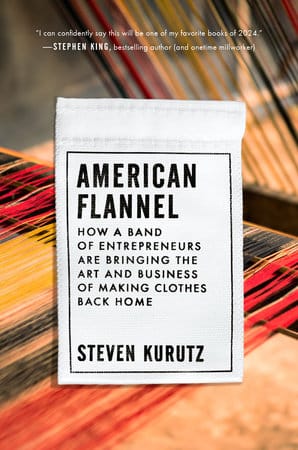
Snow means more time to dig into Steven Kurutz's new book, American Flannel: How A Band of Entrepreneurs Are Bringing The Art and Business of Making Clothes Back Home*. While I focused on wool in Vanishing Fleece*, Kurutz points his pen toward the larger state of garment production in the United States, profiling the few outliers that remain. Foundation Flockers, we're definitely adding this to our book group list!
*These are Bookshop.org affiliate links that help support independent booksellers and The Wool Channel
What's Behind Wool's Voracious Appetite for VOCs?
There's a new Wool Short up on YouTube! This time, I explain the chemistry behind wool's magical ability to purify the air—as always, in under five minutes.
Ahhhh, nothing like the scent of clean air
Mayhem in Montana
File this under the craziest bit of sheep news you may have heard so far this year—but also, from a biohazard standpoint, the most terrifying.
A Montana rancher was recently arrested for illegally importing "biological tissue" from a Marco Polo argali sheep, the largest sheep in the world, from Kyrgyzstan. He then sent this "tissue" to a lab that created 165 cloned embryos—which he then implanted in ewes on his ranch. The result was a pure genetic male Marco Polo argali that he named "Montana Mountain King." Because, why not.
He then used semen from those cloned sheep to artificially impregnate more female sheep, creating yet more hybrid animals, some of which have already been sent to other states.
OK, but why is this a problem?
For starters, Marco Polo sheep are endangered and protected by both international treaties and U.S. law. Furthermore, the U.S. has conservation laws designed specifically to limit the illegal import, transport, and sales of certain flora and fauna.
The Marco Polo isn't a wool sheep. But our own native bighorn sheep population was all but decimated after coming into contact with domestic sheep, who can carry pathogens for pneumonia. The idea of someone blithely introducing a whole other illegally imported sheep species to North America, regardless of the risk it could pose to our native bighorn or our wool-growing domestic sheep population, is... chilling.
And why is the Marco Polo endangered, you ask? Because wealthy game hunters keep going to Kyrgyzstan and Tajikistan and paying upwards of $45,000 for a chance to kill one so they can post a photo of it on social media. Our frankenrancher in Montana was hoping to bring a similarly high-ticket trophy target to private ranches in the U.S.
We'll see where this one goes.
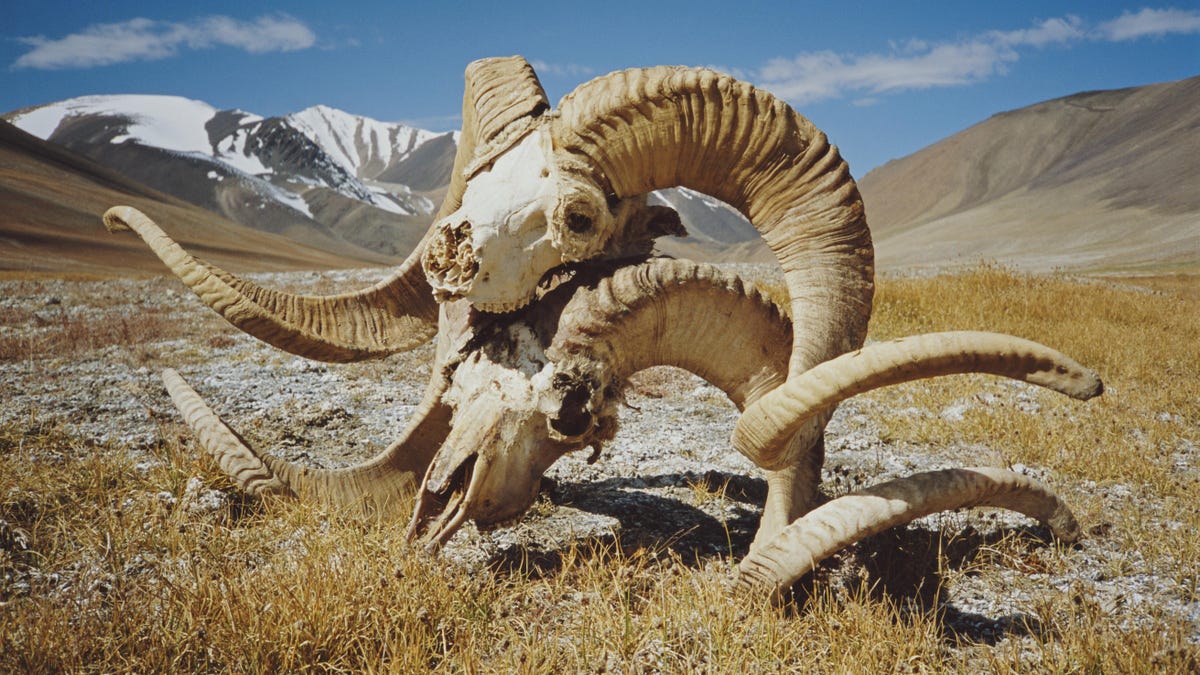
In Sweeter News...
We need a palate cleanser after that last bit of news. Fortunately, YouTube never disappoints. Lukas Rooney's beautiful paper stop-motion short film, about a three-legged lost sheep, will do the trick nicely.
Farm to (high-end) Fashion in Virginia
Back in the U.S., here's a farm-to-fashion story out of Virginia. Meet Fanny Kansteiner, who raises organic Merino sheep and uses their wool to make blankets, capes, throws, fingerless mittens, and baby clothes for her Gum Tree Farm Designs line.
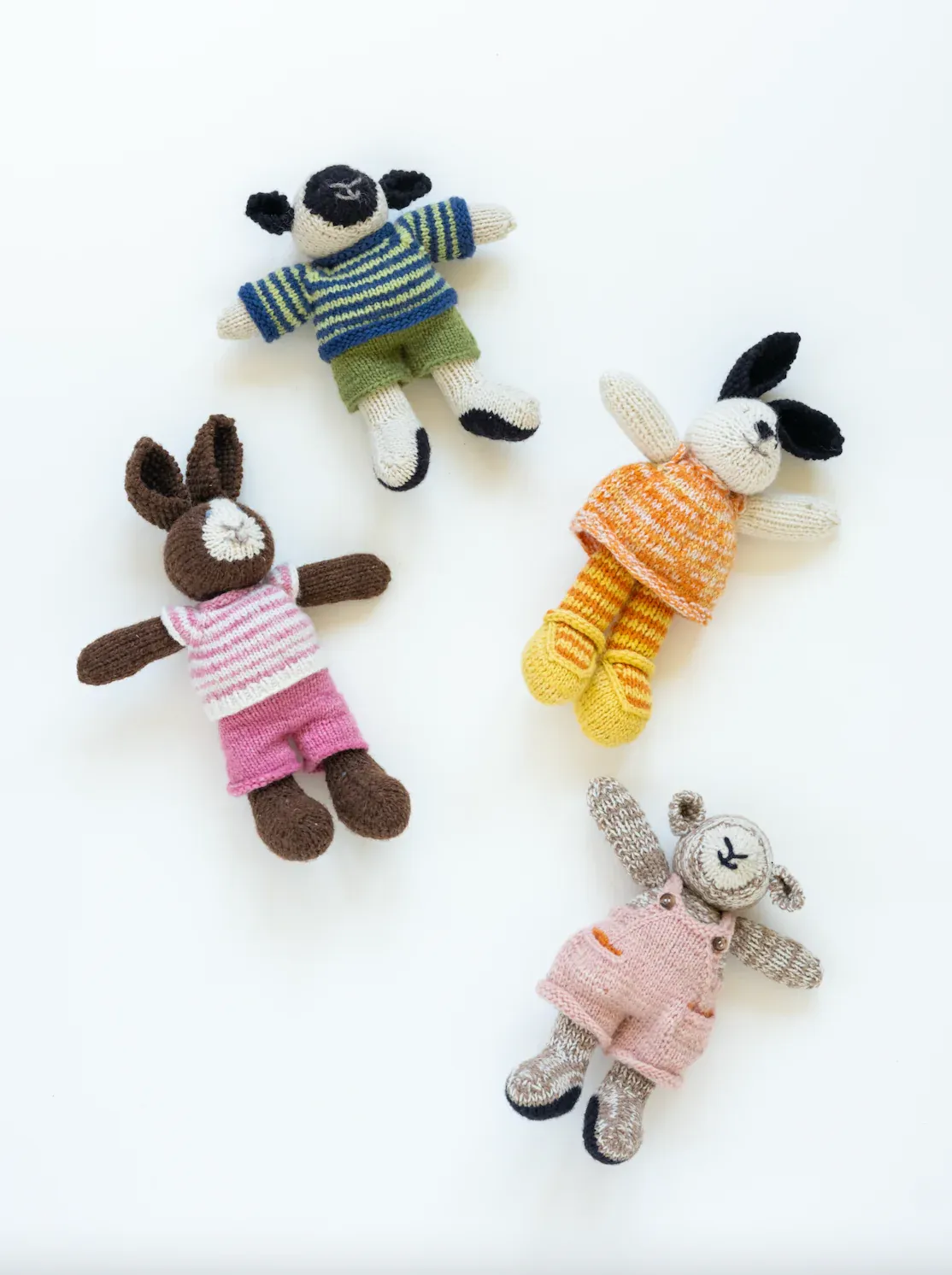
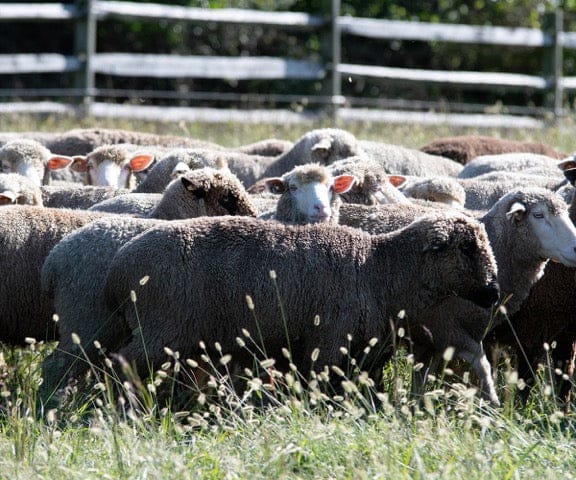
Kansteiner has since added a lovely, albeit costly line of locally sewn products in fibers other than wool.—as well as yarn and, for the non-knitters among us, one-of-a-kind hand knitted animals.
Here's the profile:
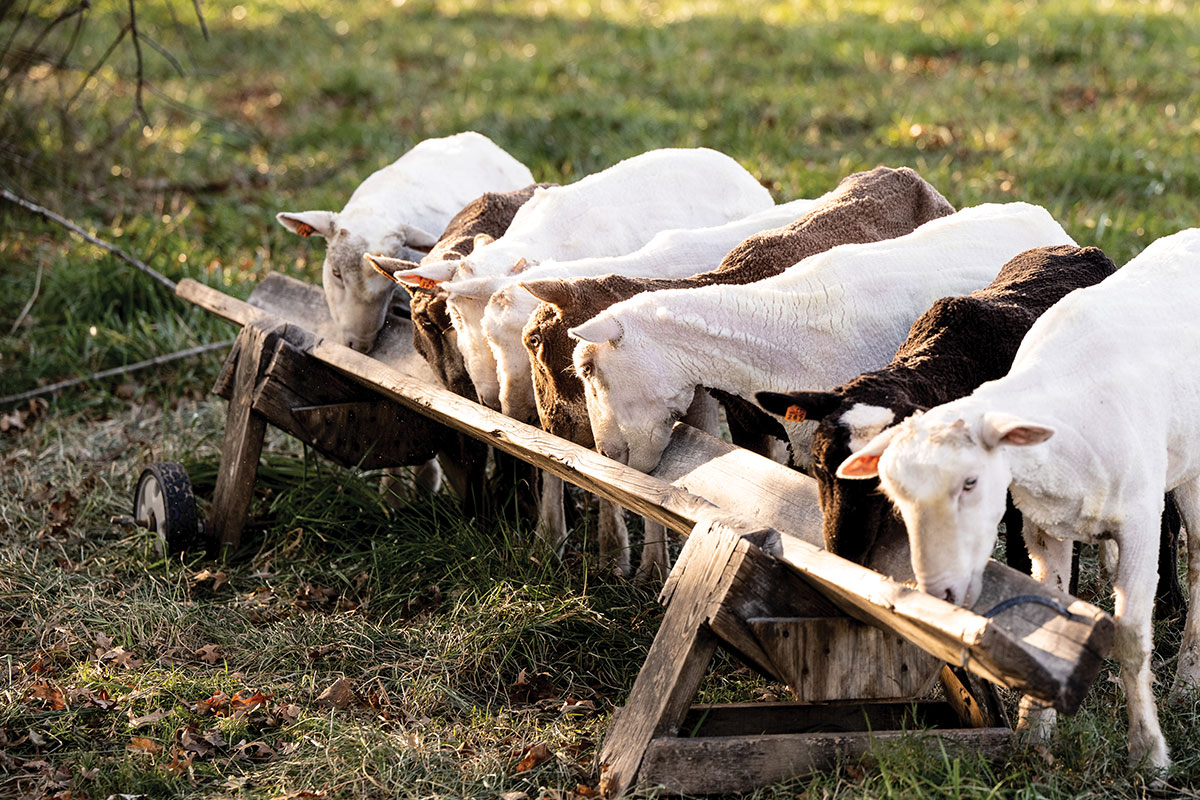
Here Today, Gone... Today
Fans of Studio Ghibli merchandise were given a treat in January when merchandiser Donguri Kyowakoku reintroduced its phenomenally popular collection of handmade, needle-felted, 100% wool coasters featuring Totoro/Ghibli characters.
Donguri Kyowakoku only sells to customers inside of Japan, and as you might imagine, they sold out quickly. But the photos are still worth seeing—and I did find someone on Etsy who has a few on offer if you want to try and nab one.
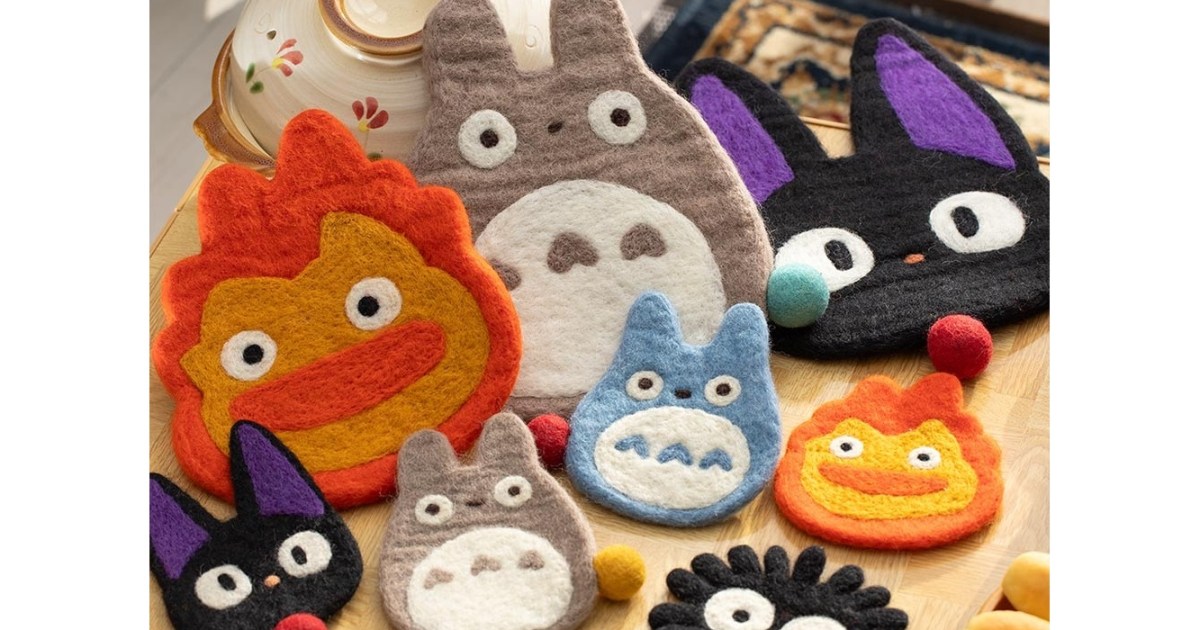
If Australia can't ban mulesing completely, consumers will
And finally, we haven't covered mulesing a lot here—but that doesn't mean it's not at the forefront of many people's conversations about wool. This recent article in The Guardian makes the point that consumers are pushing for the change and that Australia will lose out to other countries that have banned it. It also covers some of the ongoing research to develop vaccines and selective breeding that may help prevent future generations fight flystrike.
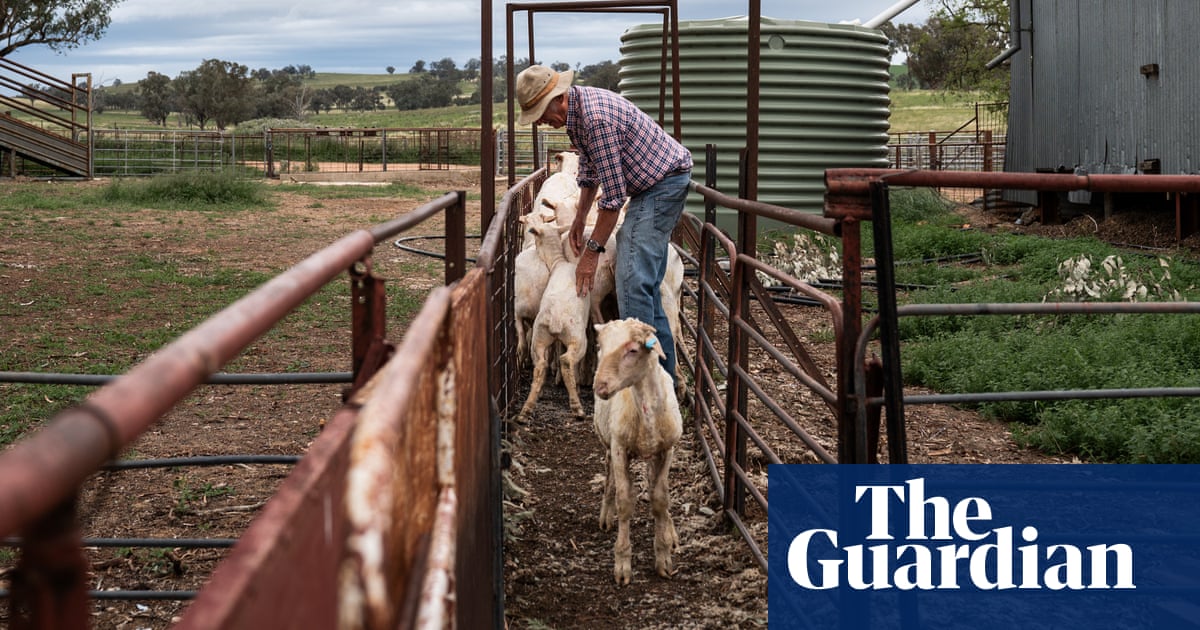
On that note, I'll let you get back to your day. Thanks, as always, for your readership and your support.
Until next time,
Clara








